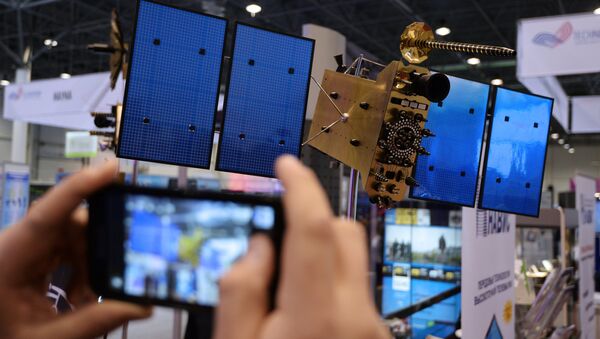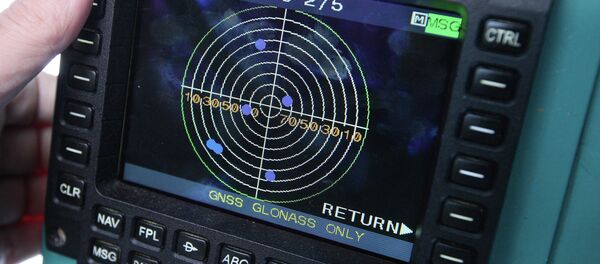“The flight tests of the space segment continue, they are not over yet. Today we can say that we have achieved the guaranteed figures in determining accurate characteristics of the navigation field. I think that these state tests will end next year,” Nestechuk told Echo Moskvy radio.
By 2020, the new generation satellites will join the GLONASS orbital network, improving the accuracy of the system’s data.
GLONASS (Global Navigation Satellite System), which was launched in 1993, is considered to be Russia's answer to the American Global Positioning System (GPS).
The are currently 28 GLONASS satellites in orbit, 24 of them are operational. The network provides real-time positioning and speed data for surface, sea and airborne objects around the globe.



